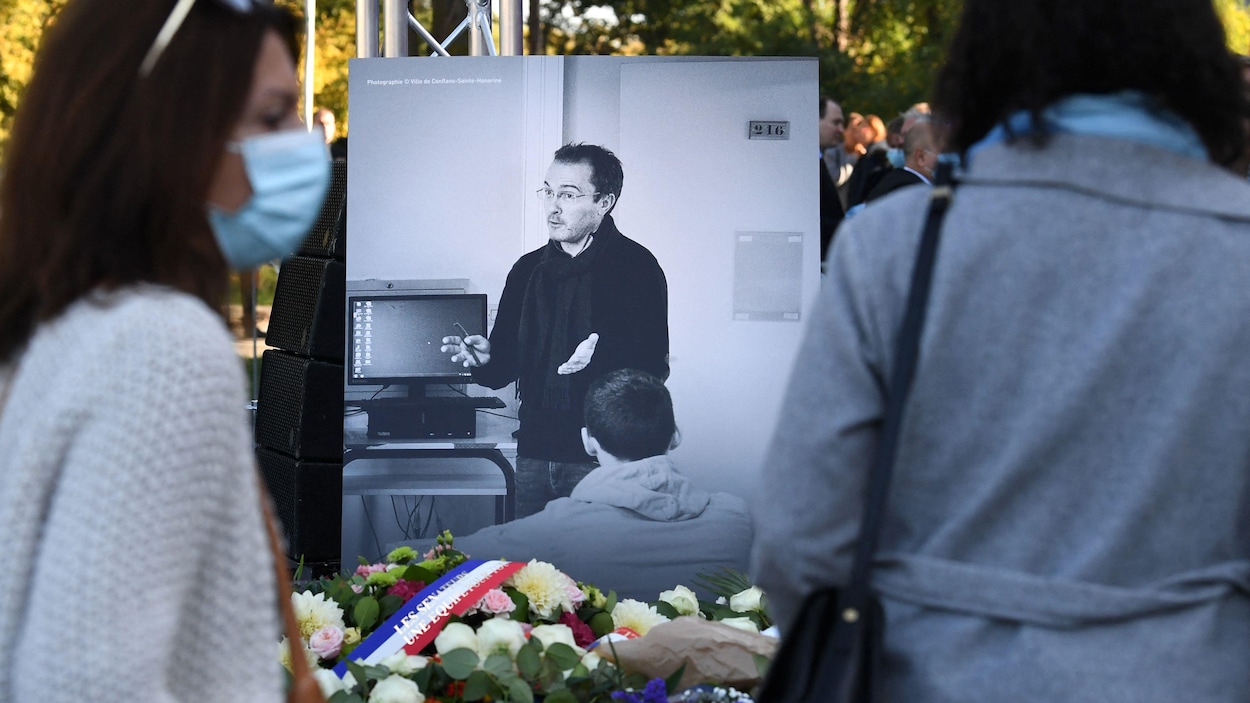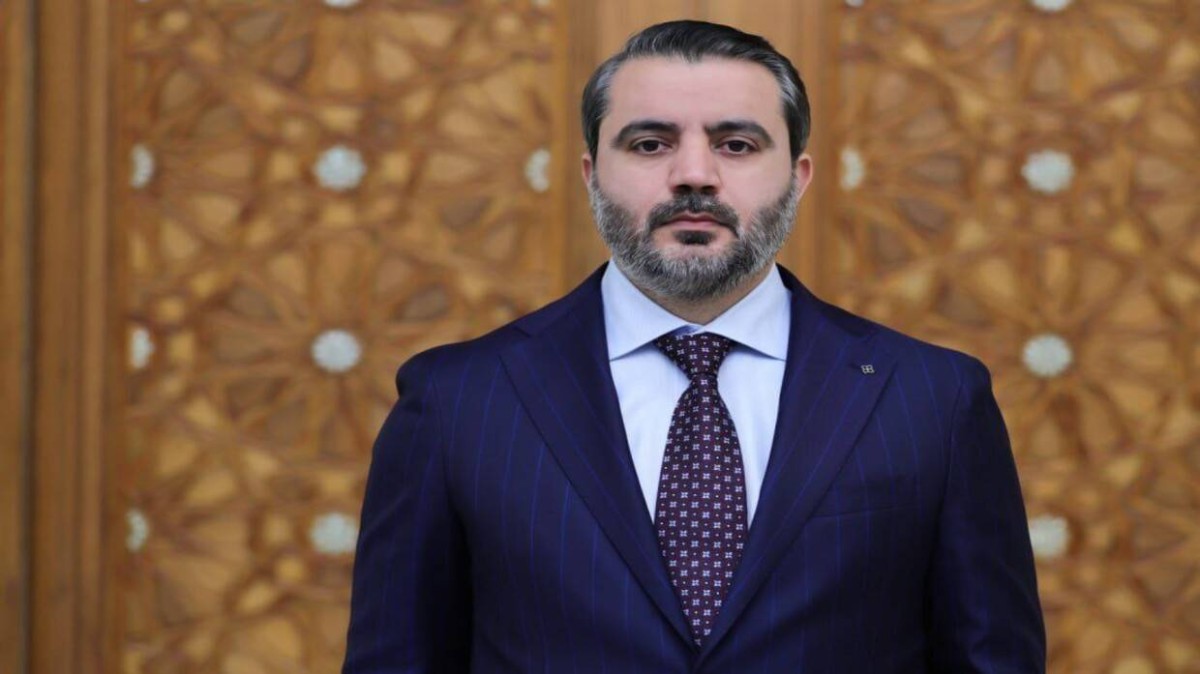Justice Served: Friends of Teacher's Killer Sentenced
Unraveling a complex web of hatred: A French court convicts those responsible for inciting violence leading to the tragic murder of teacher Samuel Paty.
Published December 22, 2024 - 00:12am

Image recovered from ici.radio-canada.ca
The murder of Samuel Paty, a French history teacher, in October 2020 in Conflans-Sainte-Honorine, just northwest of Paris, has left an indelible mark on the nation and sparked widespread outrage internationally. The brutal killing was a stark reminder of the potential consequences of radical extremism colliding with matters of freedom of expression and education. Paty, who was decapitated by an 18-year-old Chechen assailant, had shown caricatures of the Prophet Muhammad in a class discussion on freedom of speech, a decision that led to his tragic demise.
Recently, a French court delivered a significant judgment, handing down a range of sentences to those who were in various ways implicated in the events that led to Paty's murder. This includes two of the perpetrator's associates, Naïm Boudaoud and Azim Epsirkhanov, who received 16-year sentences for their roles in facilitating the crime by aiding the killer in his preparations. The court underscored that this was part of a broader terrorist conspiracy that culminated in the heinous act of murder.
Further convictions were pronounced against individuals who fueled a relentless campaign of hatred against Paty, ultimately inciting violence. Among them was Brahim Chnina, the father of one of Paty's students, who propagated false accusations about Paty's disciplinary actions against his daughter, thereby intensifying the online hate against the teacher. Chnina received a 13-year sentence for his involvement in this hate campaign. Alongside him, Abdelhakim Sefrioui, the founder of an Islamist organization, was sentenced to 15 years for inciting hatred through social media posts that targeted Paty vehemently.
The French judicial system also took action against several students and others involved in the events leading up to the murder. Chnina's daughter, who was pivotal in spreading misinformation and slander against Paty, was part of a group tried by a juvenile court. Her false claims, which were contrary to her firsthand experience, played a crucial role in escalating tensions. This verdict reflects an exhaustive inquiry into the events and community roles that contributed to this incident.
This trial has not only shed light on the fateful events but has also highlighted persistent issues of freedom of expression, religious sensibilities, and radicalization within contemporary French society. Education Minister Jean-Michel Blanquer and President Emmanuel Macron have repeatedly emphasized the need to safeguard educators' rights while fostering an environment of mutual respect and non-violence.
The chilling murder has also reinvigorated debates around the perceptions of blasphemy in Islam and the limits of free speech as permissible under French laws. Many within the Muslim community have expressed discontent, noting the deep cultural and religious provocations such incidents reflect, emphasizing the need for dialogue that transcends mere legal ramifications.
This comprehensive legal outcome marks a critical step in a broader movement to defeat extremism and to support the critical roles educators play in nurturing balanced discussions on rights and responsibilities. As the nation reflects on these events, there remains an urgent call for collective vigilance against hate and violence, with continued support for those at the forefront of societal education—our teachers.






